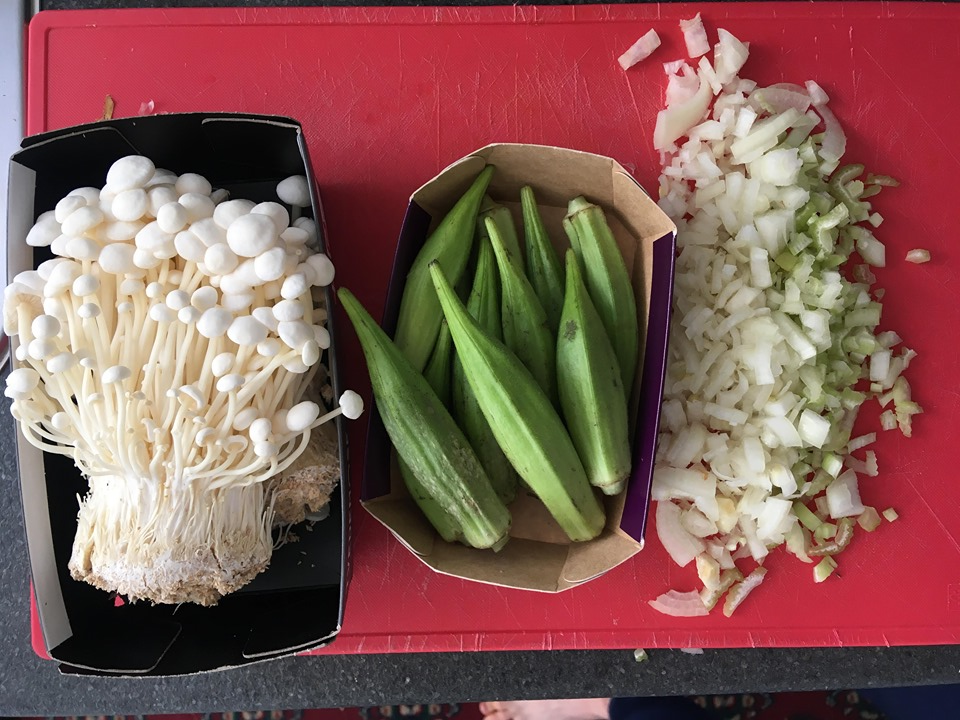In order to engage in recognizing their own food habits, their consequences and how they might change them, we aim to explore how common households cook and prepare their food. This will be implemented through participatory design. Besides, we want to study how their behavior changes when introduced to new sustainable ingredients implementing the factor of biodiversity for a healthier planet. By analyzing family’s cooking behavior from different backgrounds, we will get a diverse insight of eating habits and adaptability. Hereby we will be identifying different strategies which families use to explore cooking with.
Our main goal for running the citizen science project is to raise awareness for a more diverse and sustainable diet. All in all, we will explore how citizens are incentivized to consume more diverse and sustainable, but we also want to influence participants to buy and consume more diverse and sustainable ingredients in their daily life.
With an increasing population living on earth, we need to find new ways of nutrition in order to be able to feed all of the 9.8 billions citizens that will live on earth by 2050. Moreover, our current consumption is neither sustainable for human beings nor for the environment. Reliance on animal-based protein sources puts additional strain on our environment and current agricultural practices are not sustainable in the long term. This is why we need to change our consumption and diet behaviors. The citizen science project “ReThinking Food” wants to analyze whether the 50 Future Foods that have been identified by WWF and Knorr will be an alternative for families already today. The 50 foods have been picked due to their high nutritious level and their ability to create more biodiversity around the world.
Engaging 5-10 families from different backgrounds will give us a diverse insight of eating habits and adaptability. Hereby identifying different strategies which families use to explore cooking with. As we will be sending them a variety of the 50 Future Foods, they will be able to investigate new recipes, new approaches to cooking and new ways of consuming.
Links to project webspaces:
https://www.facebook.com/groups/265851678103748/
|
Students: |
|
Science advisor |
|
Caroline Guanita Abel, MSc Product Design, Kolding / BA Design & Business
Anna Lena Hupe, MSc Econ & Business Admin, Odense / BSc
Kathrine Sekkelund Munch, BSc Political Science, Odense
|
|
|
